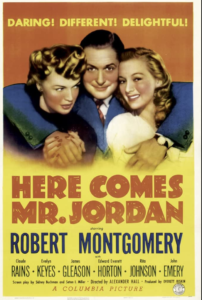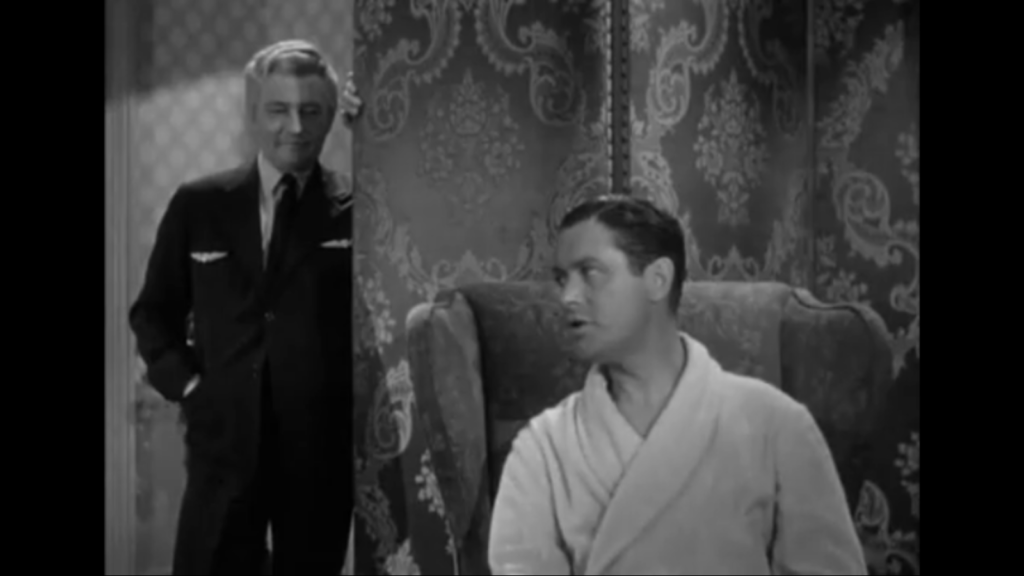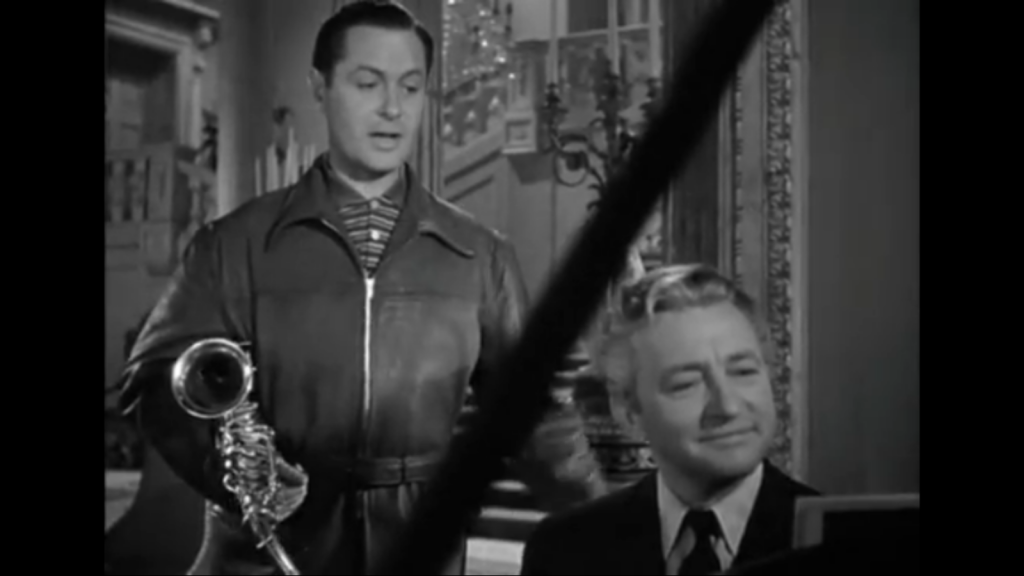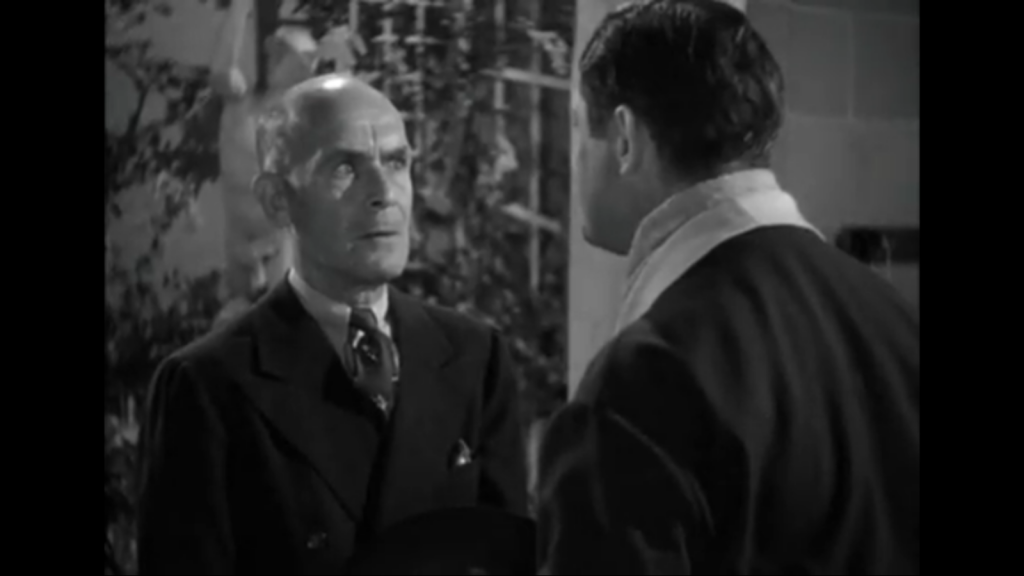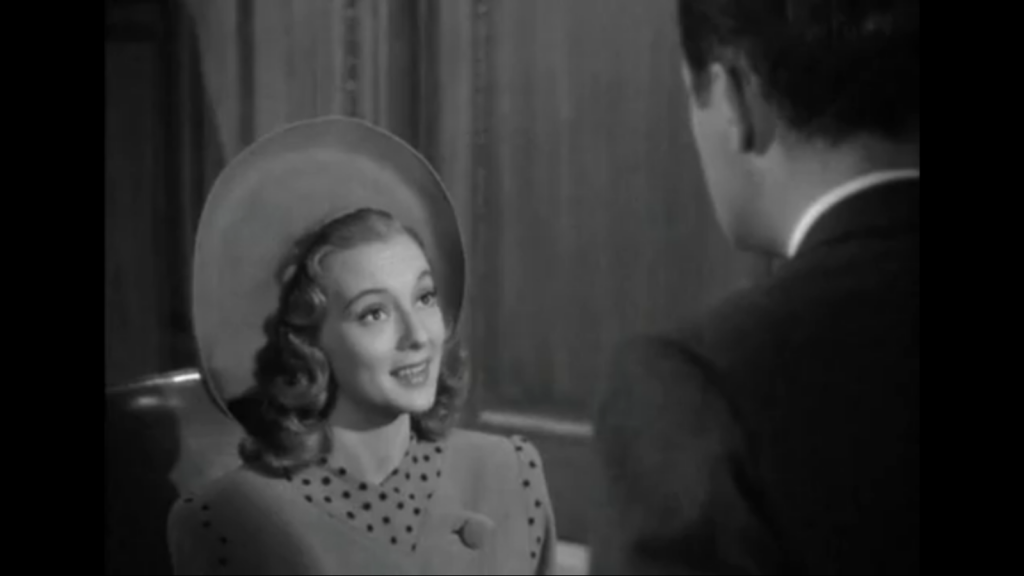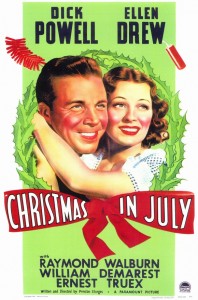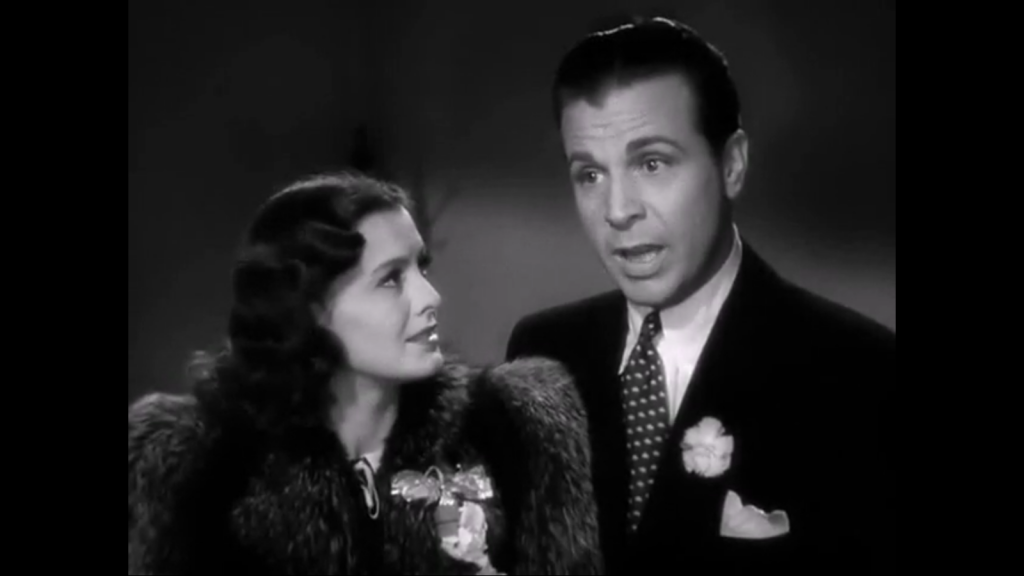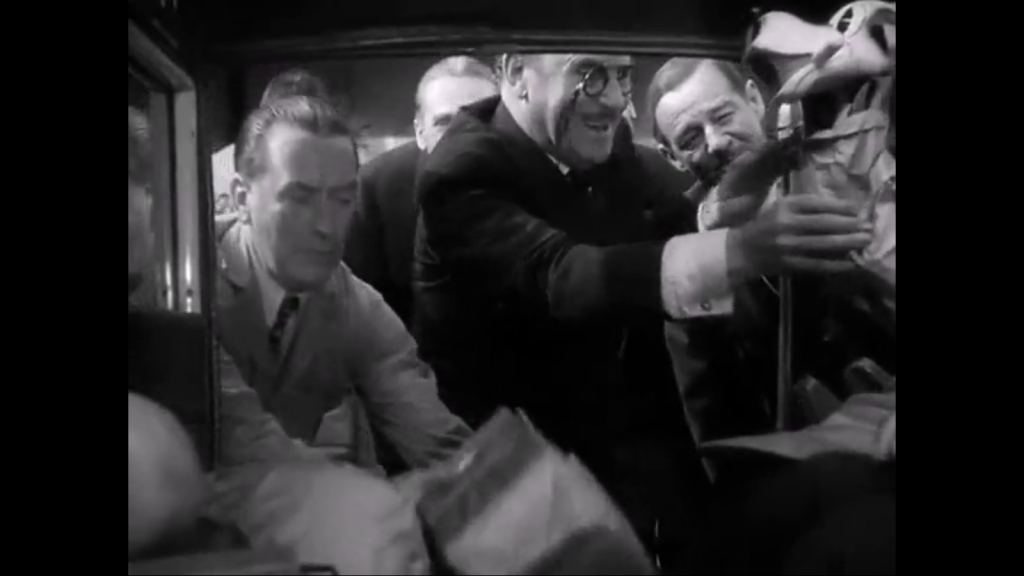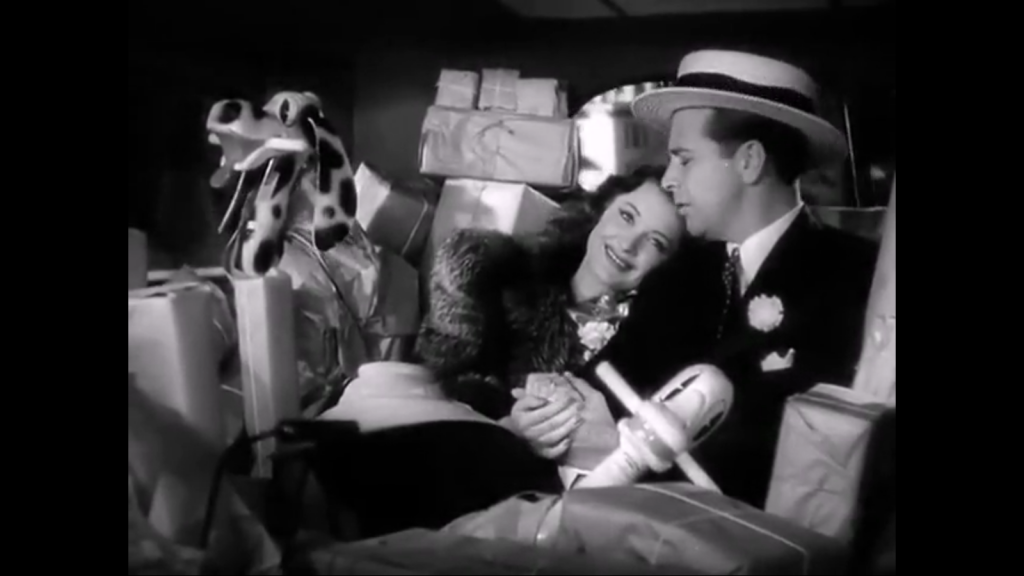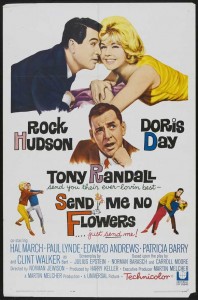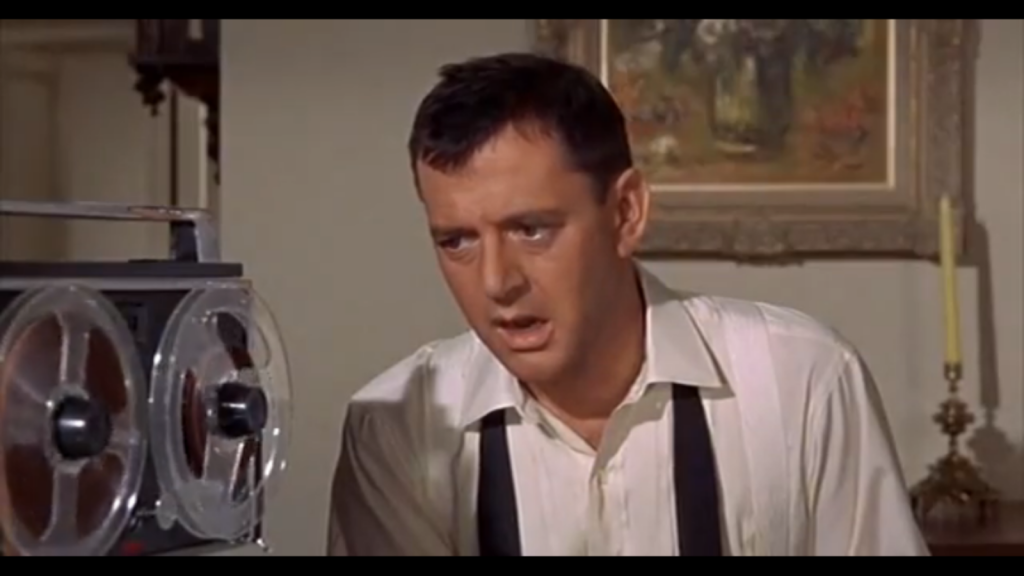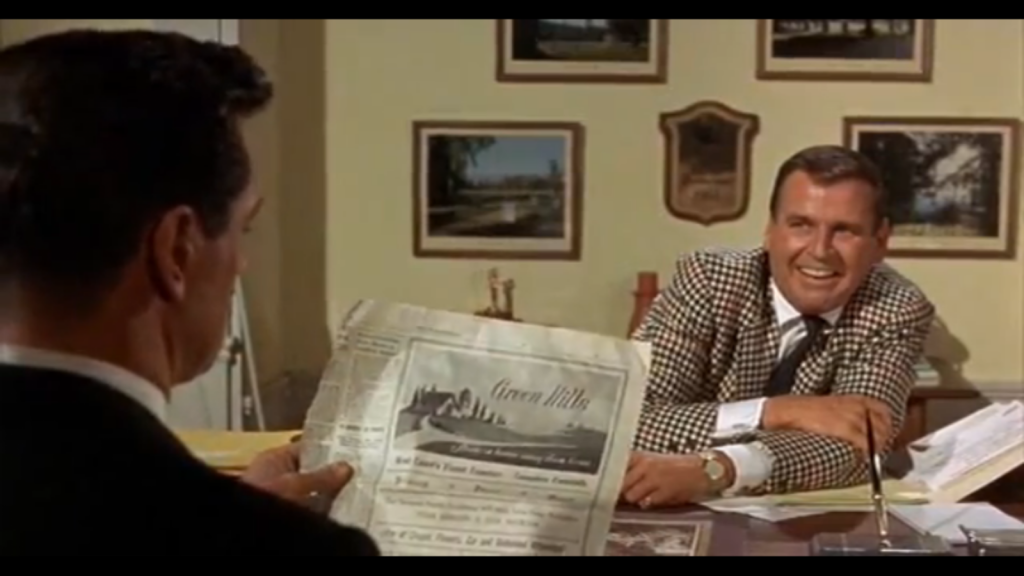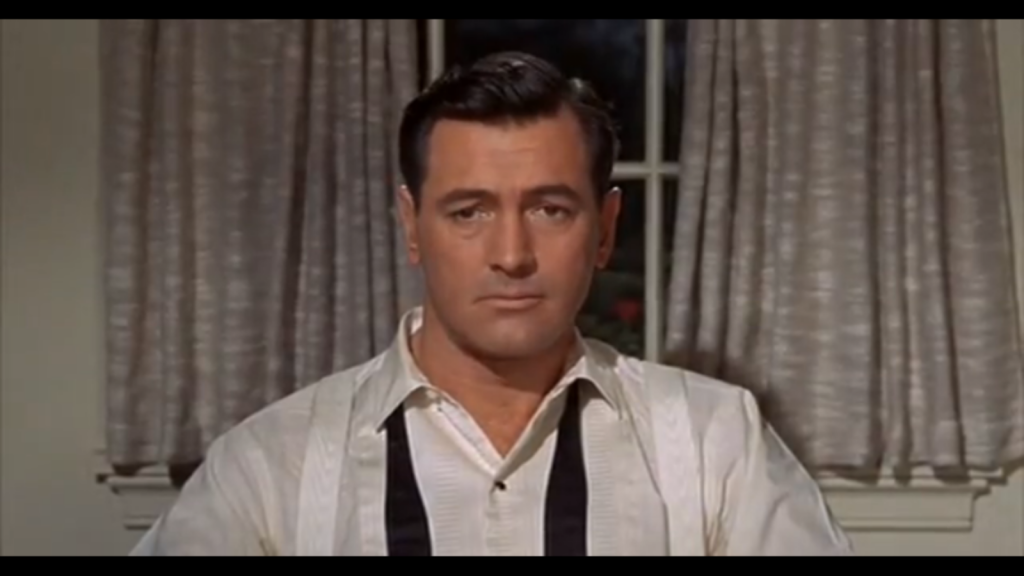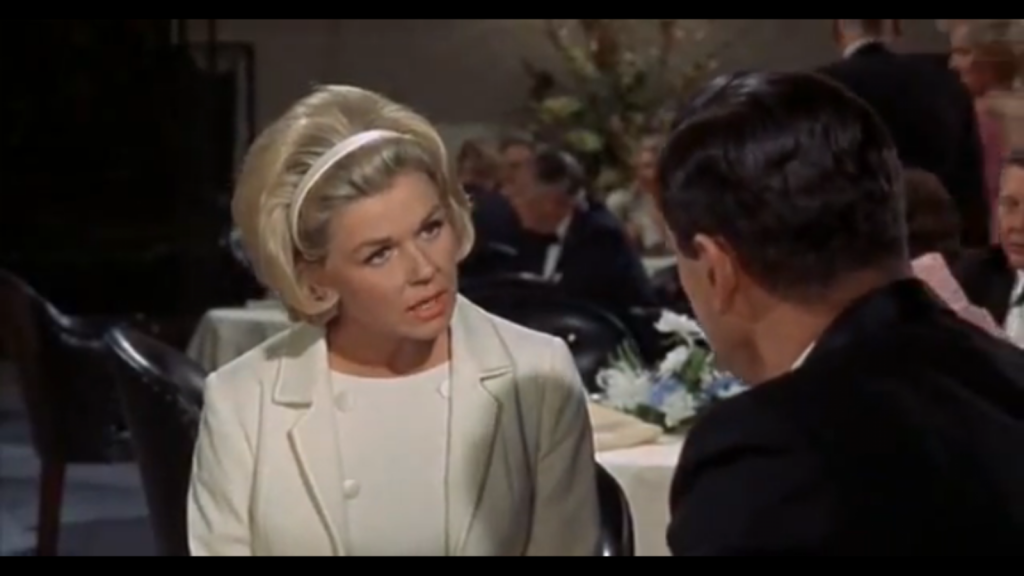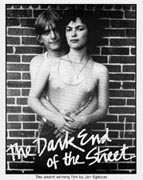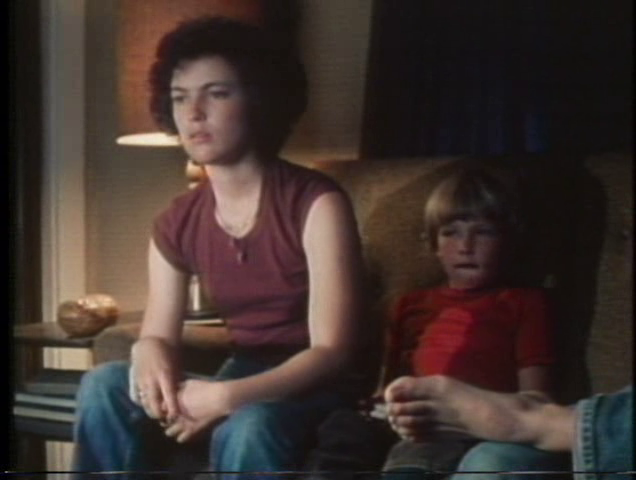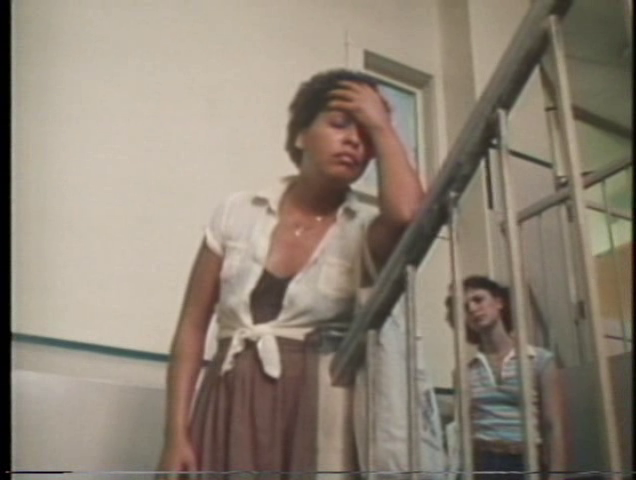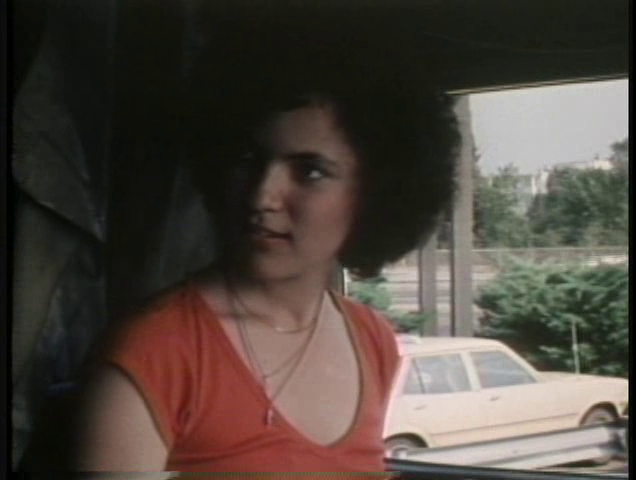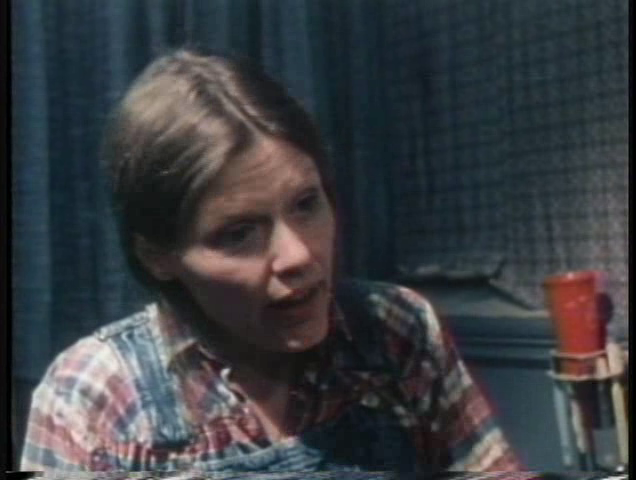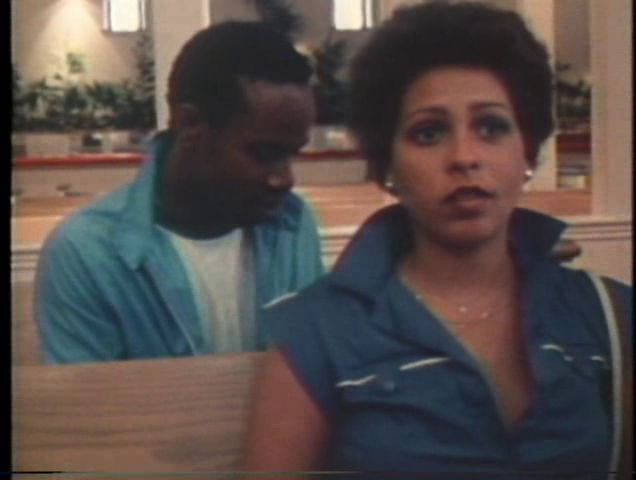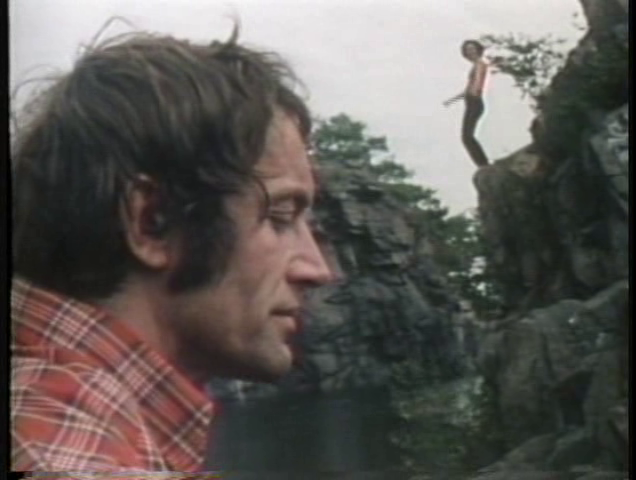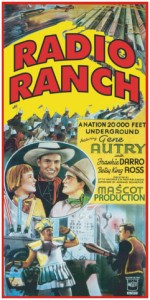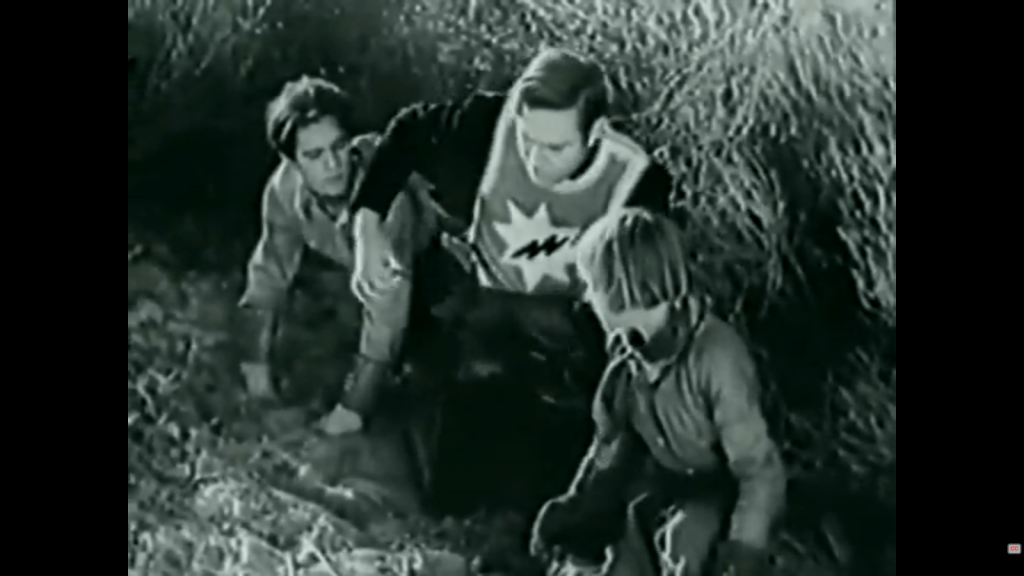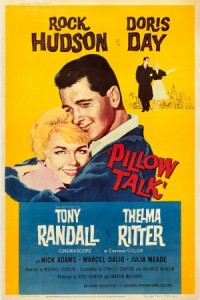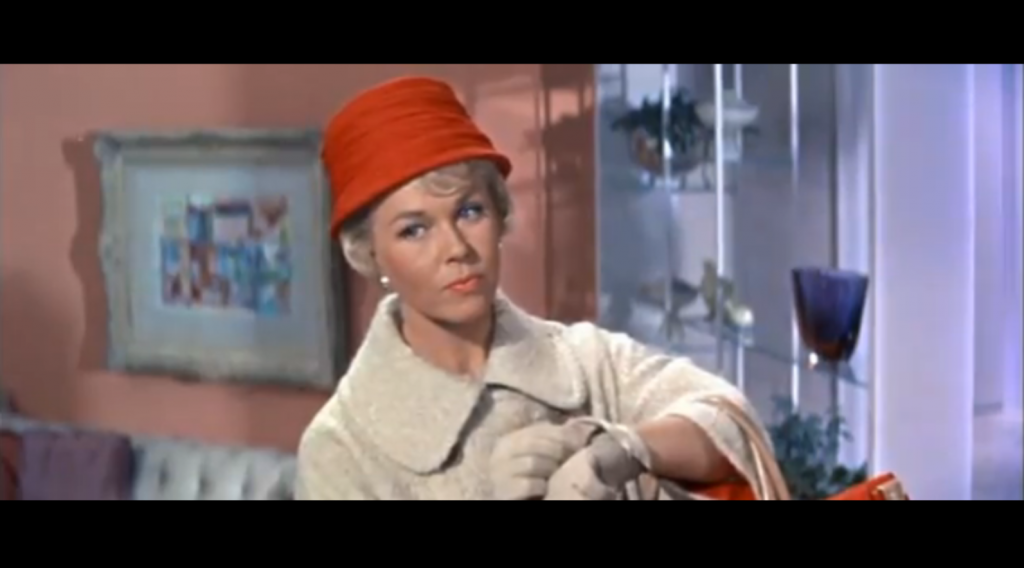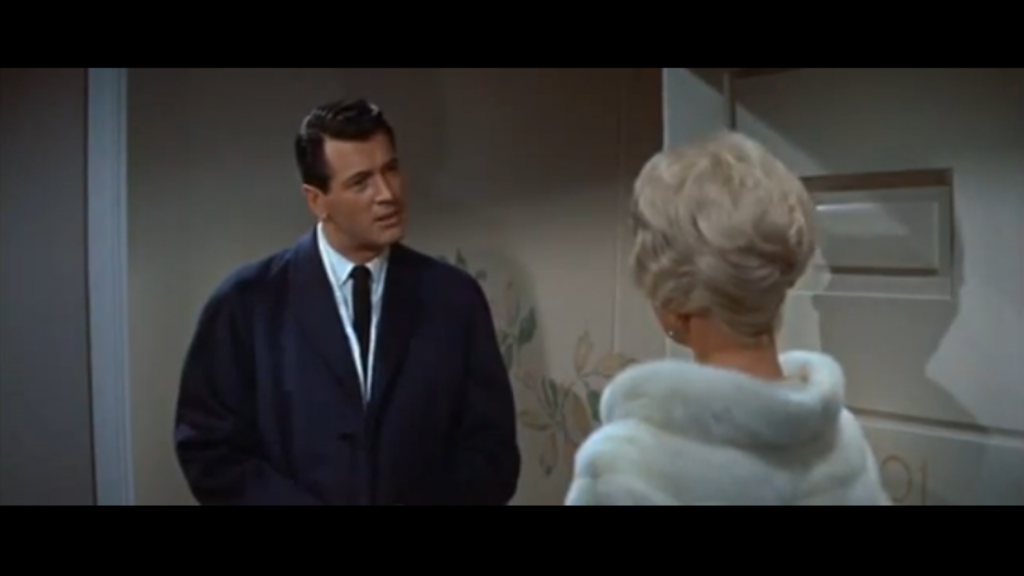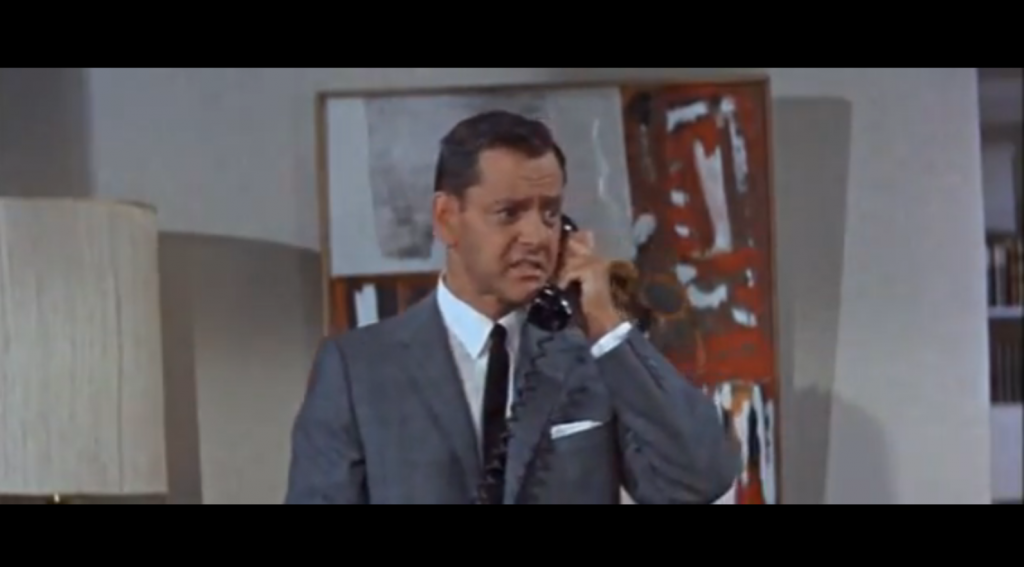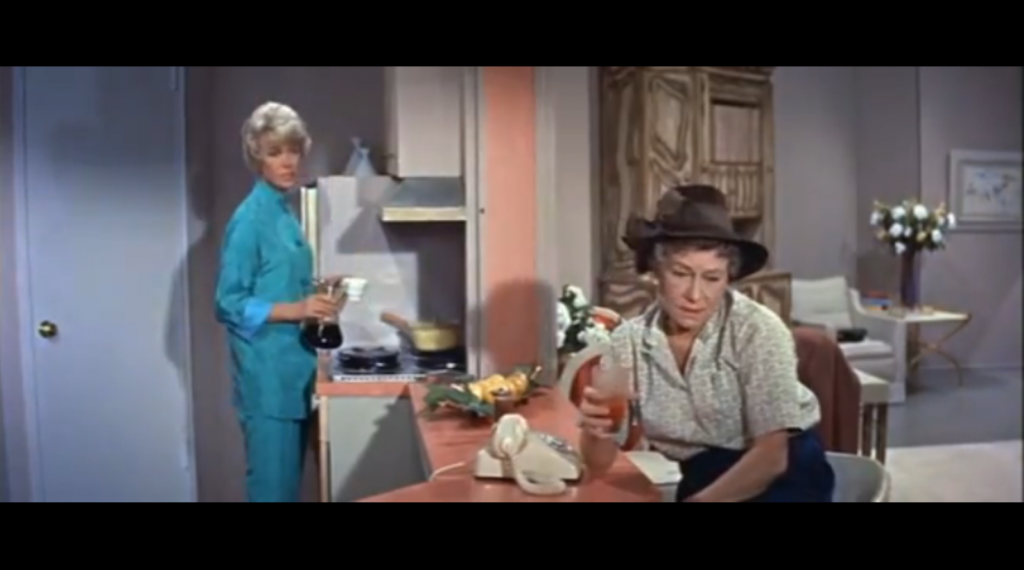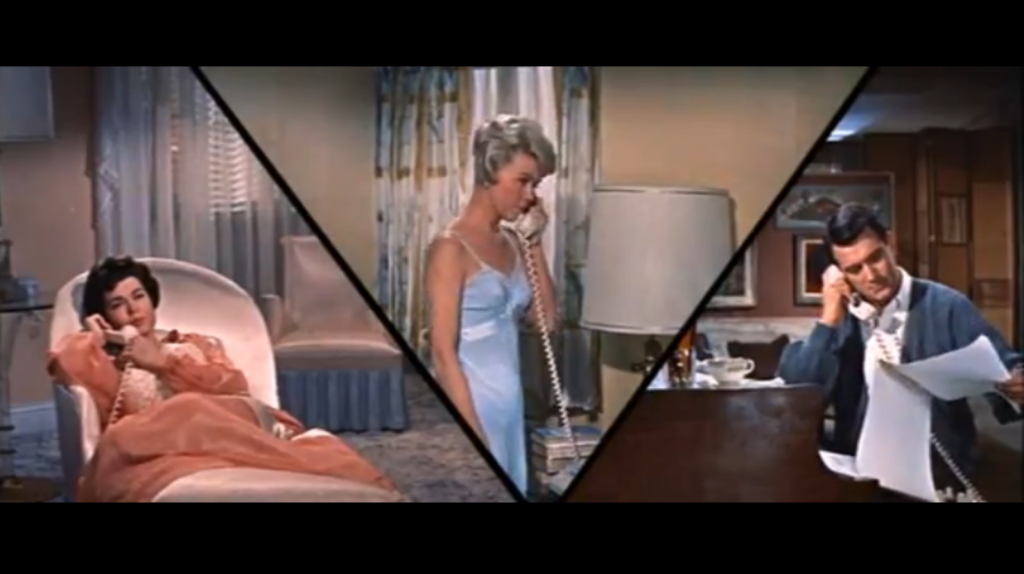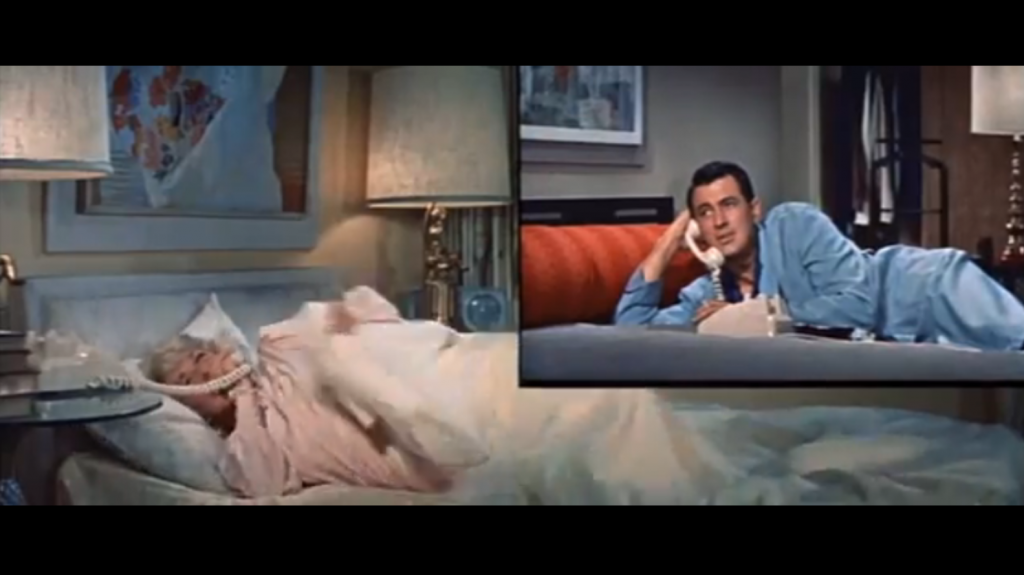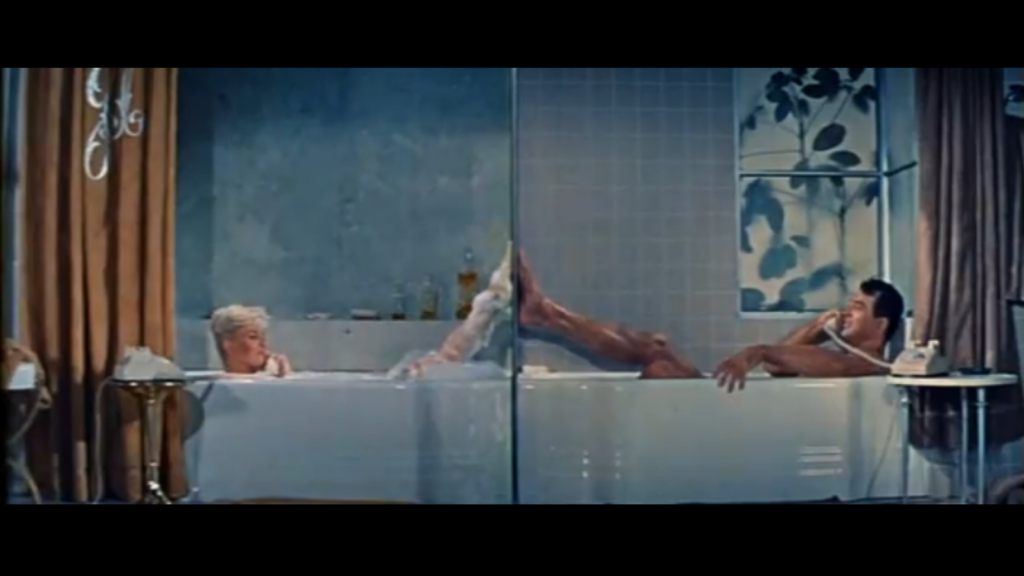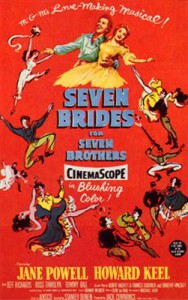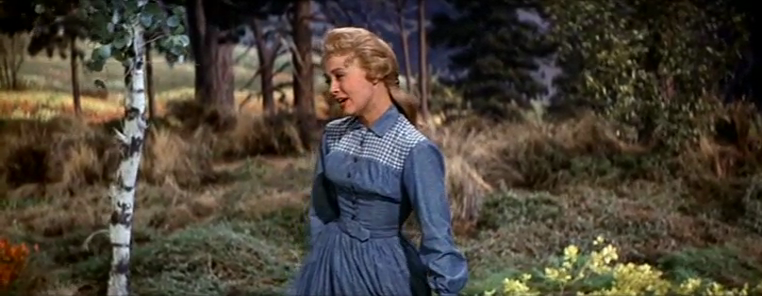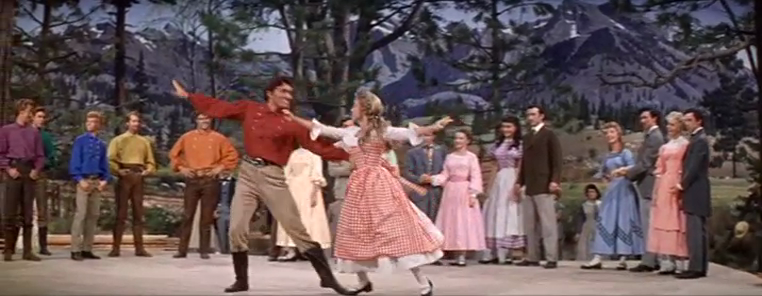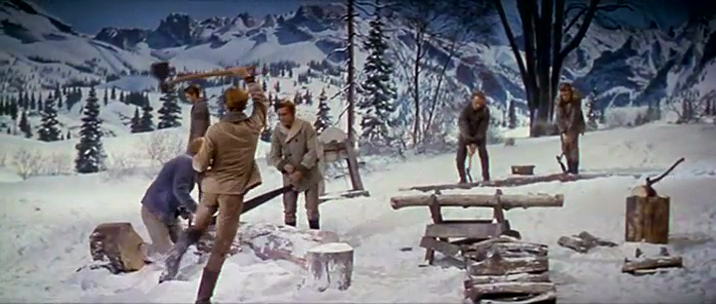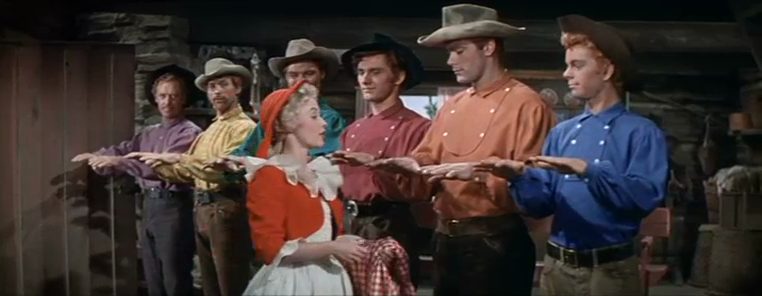Here Comes Mr. Jordan (1941)
“I know I don’t look like Joe, but I’m him just the same!”
|
Synopsis: |
|
Genres, Themes, Actors, and Directors:
Response to Peary’s Review: In his review, Savant aptly describes the film’s “optimistic and uplifting message” as follows: “the human soul is a wondrous thing that lives after us, even if it takes new forms and new identities”, and “our essential goodness will be passed on to those that follow”, given that “love doesn’t die with one’s mortal body”. Even for hard-headed cynics like myself, this message is simply too appealing not to want to believe — and thus, I gave myself over to the story. To that end, I appreciated the care taken to resolve the undeniably tricky dilemma of Montgomery’s character supposedly inhabiting new bodies while WE still see Montgomery himself; appropriately enough, other players in the “outstanding supporting cast” are given ample time to adjust to the astonishing truth of Montgomery’s bodily inhabitance — most notably James Gleason as a cynical manager who takes some convincing that his former boxing champion now resides in a wealthy financier’s body. Peary accurately notes that Montgomery is “perfect as [boxer Joe] Pendleton”, but I can’t quite agree with his assertion that “Rains’s role should have been stronger”. I was actually quite impressed by how seamlessly the screenplay incorporates his presence in a story that really should be all about Pendleton. Yet I wasn’t especially enthused by Rains’s performance here. He’s certainly competent, and projects just the right amount of avuncular wisdom, but — perhaps strategically? — he’s simply not very charismatic. Meanwhile, Evelyn Keyes (probably best known for playing “Suellen” in Gone With the Wind) gives a delightful performance in a minor yet essential role as the woman who inspires Montgomery to give Farnsworth’s body a try; it’s a joy to watch her slowly learning to trust, and then love, the man who once caused her indescribable grief. Redeeming Qualities and Moments:
Must See? Categories
Links: |
